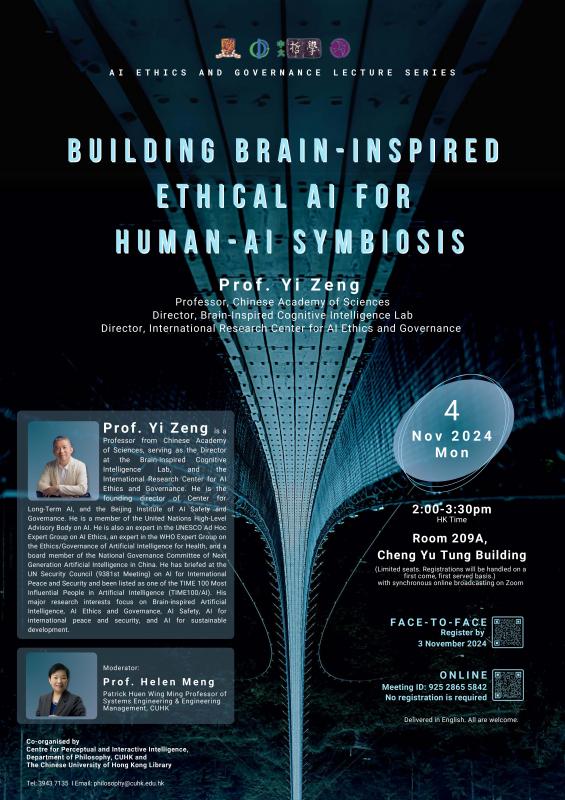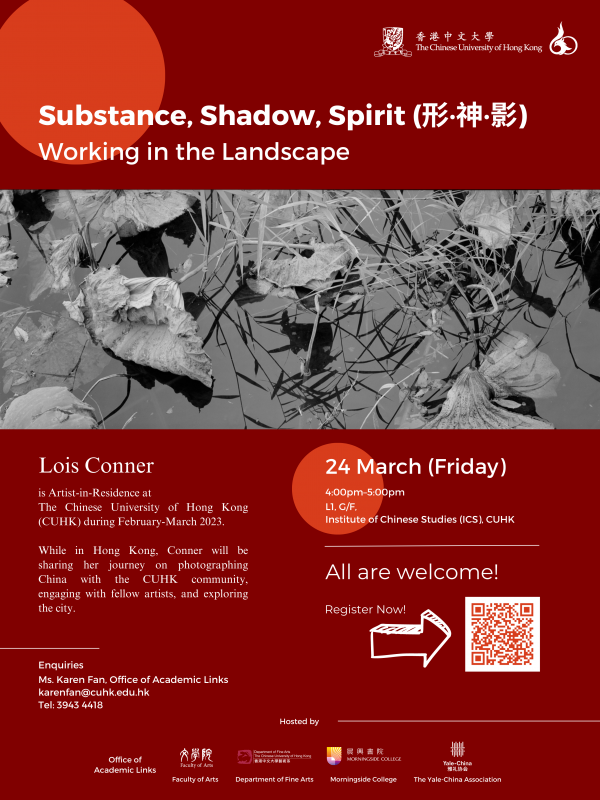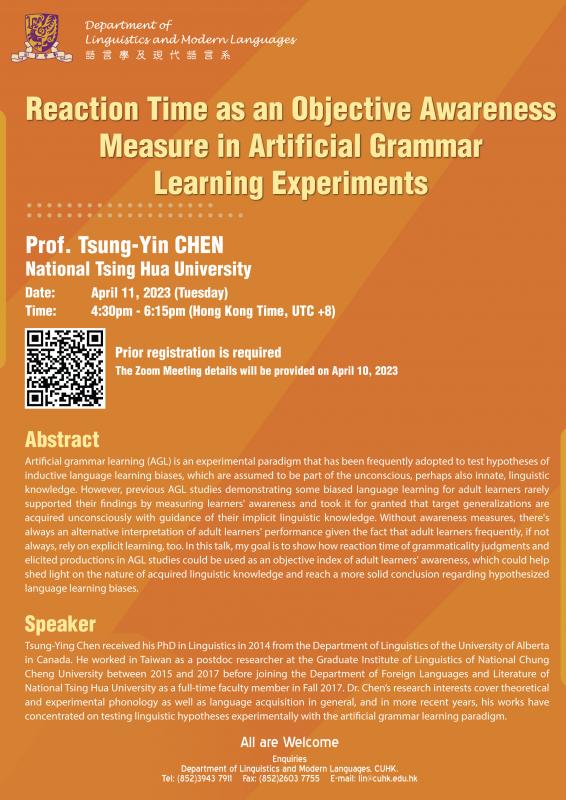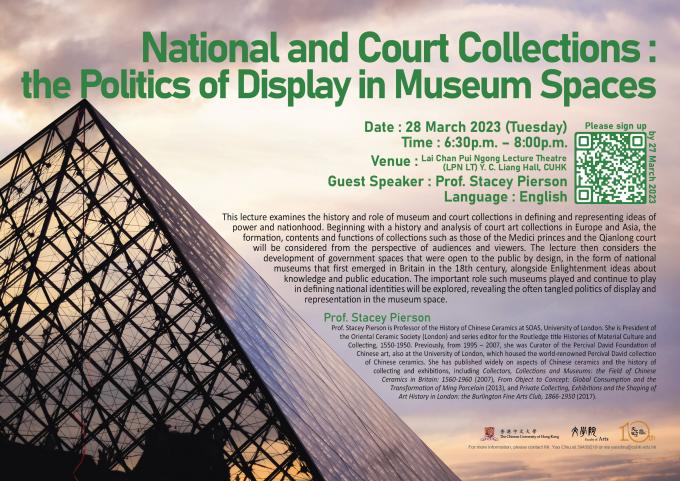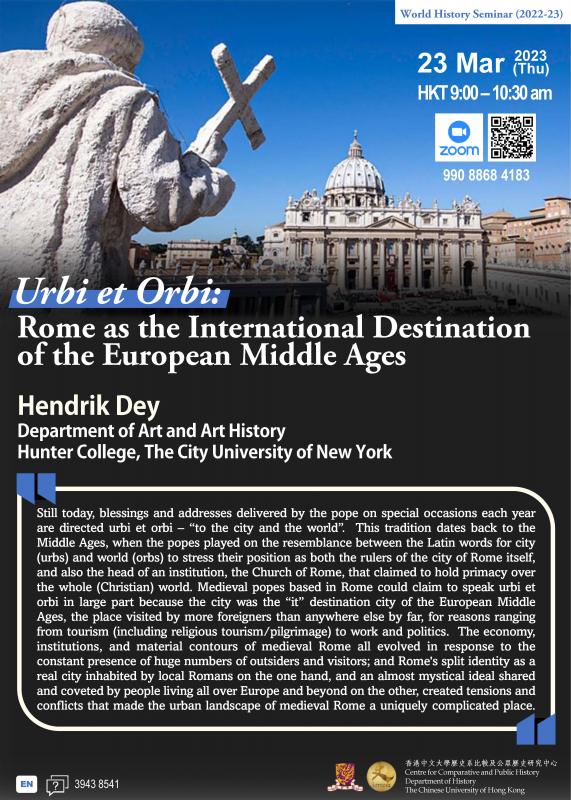
This paper draws on 18 months of fieldwork undertaken in the cities of Yogyakarta and Jakarta in 2014-15, mostly with warias (one Indonesian transgender population) belonging to the urban poor. Central to the presentation is an ethnographic account of a project I undertook with warias to make organisational membership cards that closely mimicked the authentic state-issued identity card. These cards were, however, not designed to replace the authentic state identity card but reworked its powers of recognition to new ends.. Rather than an individual aligning with an identity that somehow lay within themselves (a view that state officials and many warias considered irrelevant or unusual) ethnographic attention to warias engagement with bureaucratic documents in exchanges with state officials revealed gender as but one sign which prompted a reckoning with the broader semiotic instability of state citizenship. Ethnographic research reveals that, contra Ariella Azoulay's claim that the state expands its sovereignty through images such as bureaucratic portrait photographs, identity cards and other documents can circulate in more unruly and creative ways. Reconsidering bureaucratic documents on semiotic and material terms helps to understand how the symbols of the state are not stable, but are themselves vulnerable to the open-endedmeanings of signs.
Speaker
Benjamin Hegarty (Global Health Program, Kirby Institute, University of New South Wales)
Benjamin Hegarty is a medical anthropologist with research interests at the intersection of queer and transgender studies, science and technology studies, and global health. He is the author of The Made-Up State: Technology, Trans Femininity, and Citizenship in Indonesia, published by Cornell University Press. He is a Senior Research Associate in Global Health Equity and Justice at the Kirby Institute at UNSW.
Zoom meeting link: https://cuhk.zoom.us/j/92574749477
Meeting ID: 925 7474 9477
Passcode: 395684

